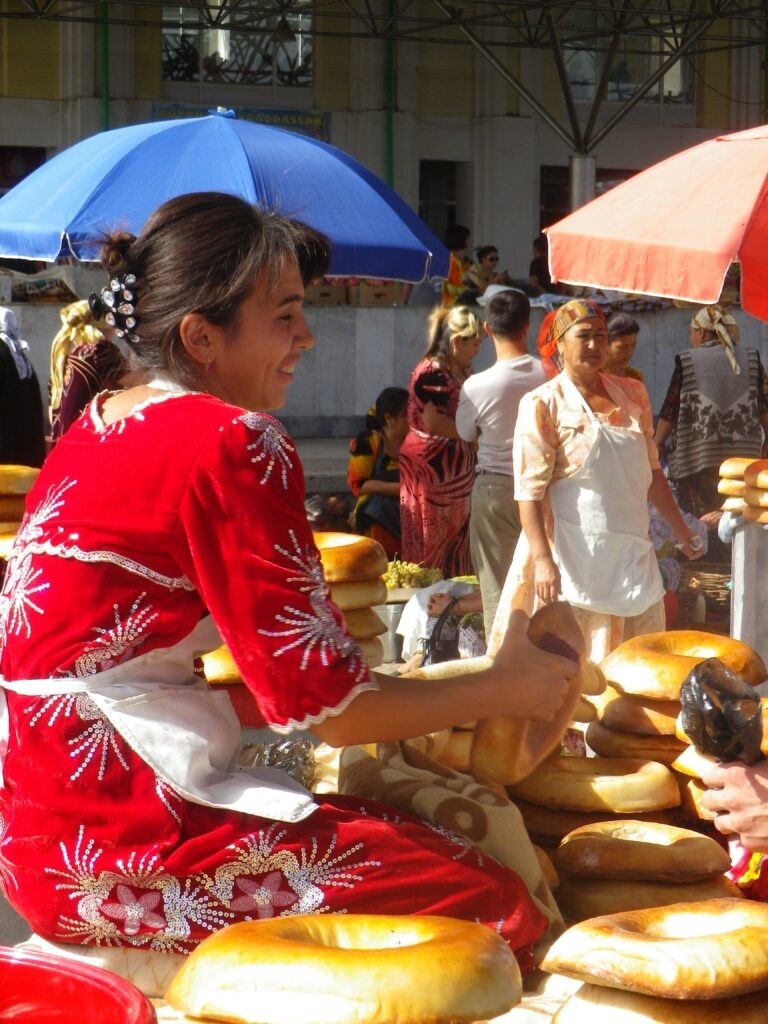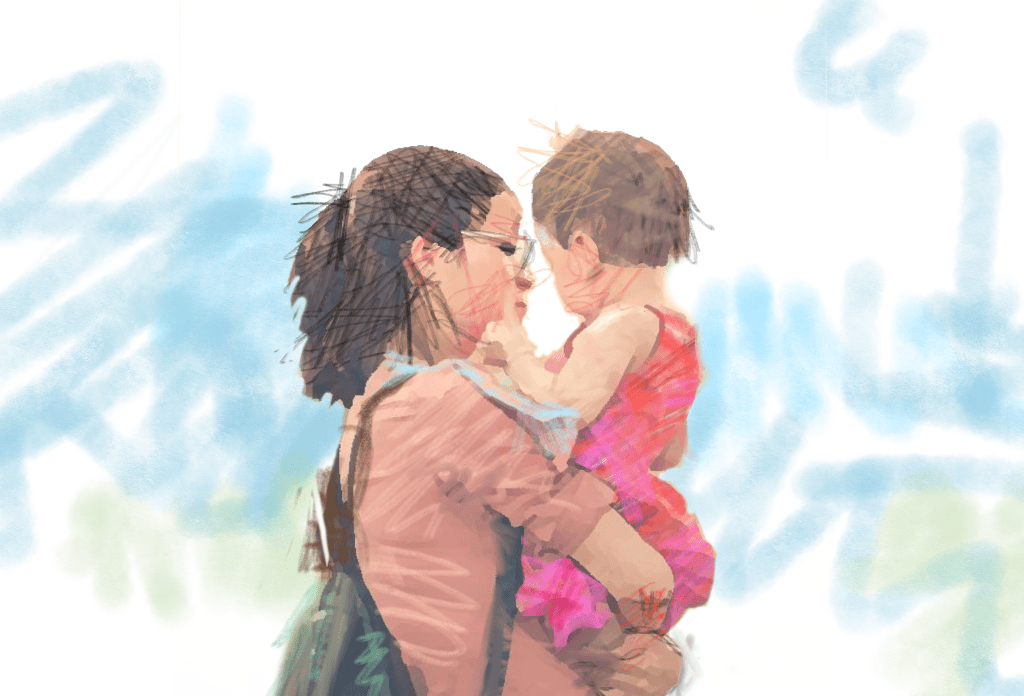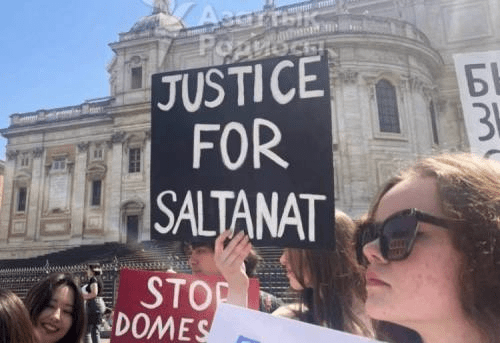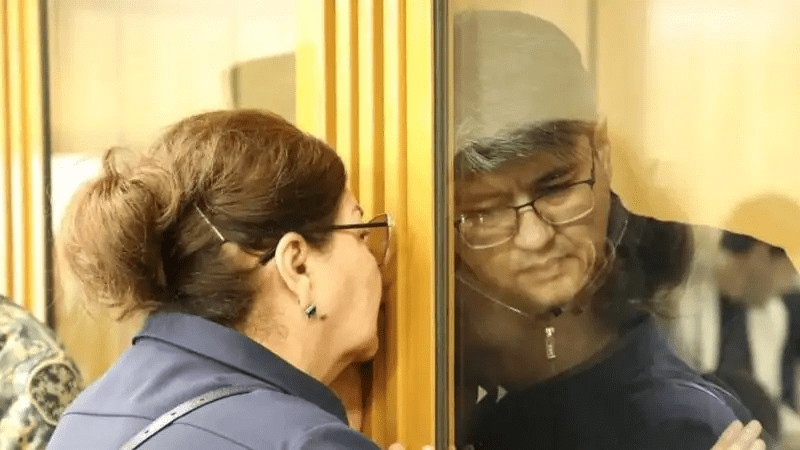Kuandyk Bishimbayev Pleads Guilty to Negligent Homicide
The judicial inquiry into the case of Kuandyk Bishimbayev concluded on April 24 in Astana. Aitbek Amangeldy, the brother of Saltanat Nukenova, announced that further court dates are scheduled for April 29, 30, and May 2-4. Bishimbayev, who formerly served as Kazakhstan's National Economy Minister, faces allegations of murdering his partner Saltanat Nukenova in November 2023, at the Bau restaurant in Astana. He was detained on the day of the incident. The trial commenced towards the end of March. Bishimbayev could receive a sentence ranging from 15 to 20 years to life imprisonment, depending on the severity of the crime as determined by the court. A jury will be instructed to reach a verdict regarding his culpability. At the end of the session, Judge Aizhan Kulbaeva sought to clarify whether Bishimbayev has changed his position via-a-vis the charges - "In the main trial, when the prosecutor read out the indictment, brought charges and clarified your position on those charges, at that time your position was that you do not fully admit guilt on two episodes of the charges brought against you… Does your position remain the same?" the judge inquired. "I do not plead guilty to the charge of torture. In the part of the charge of premeditated murder with particular cruelty, I admit that I inflicted beatings that led to the death of Nukenova. But I do not admit that I did it deliberately, that I wanted her dead and acted with particular cruelty," replied Bishimbayev. "Do you plead guilty to having inflicted grievous bodily harm, which caused Nukenova's death through negligence?" the judge sought to clarify. "Yes," the ex-minister replied. Photo screenshot from the broadcast of the trial; text reads "she is covered in blood and bruises." Meanwhile, the second defendant, Bykhytzhan Bayzhanov, stated before the court that he pleads not guilty to charges of under-reporting and concealment.








